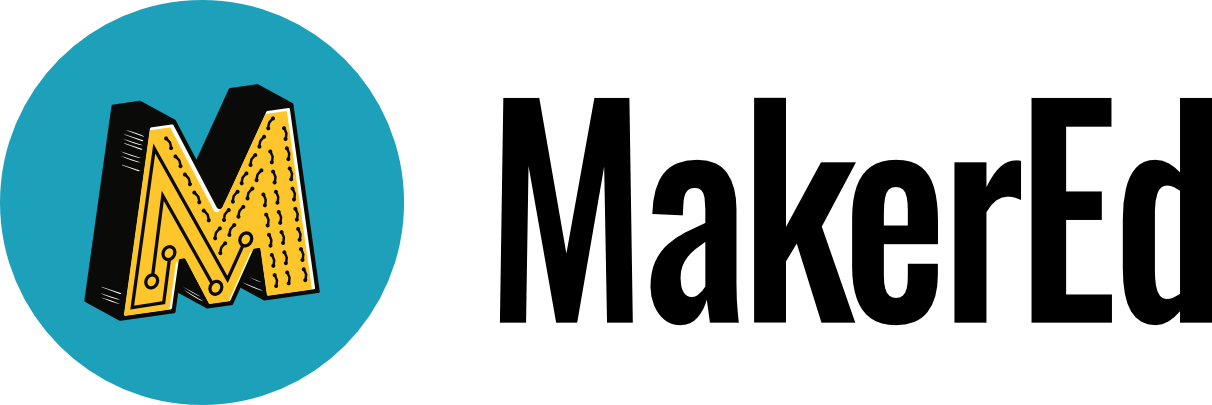The Playful Journey Lab at MIT, made up of researchers and designers with a passion for playful assessment and learning, are embarking on a journey to develop emerging technologies as well as non-digital tools to better understand, design, and use innovative approaches that will prepare individuals to participate in 21st century economies. The lab is founded on the belief that these technologies and approaches, supported by research-backed playful learning and assessment practices, are an important tool for empowering learners, and are necessary for designing a lifelong and lifewide education system that prepares individuals to learn throughout their lives — across school, work and interest-driven contexts. MIT leads the work on the Beyond Rubrics project.
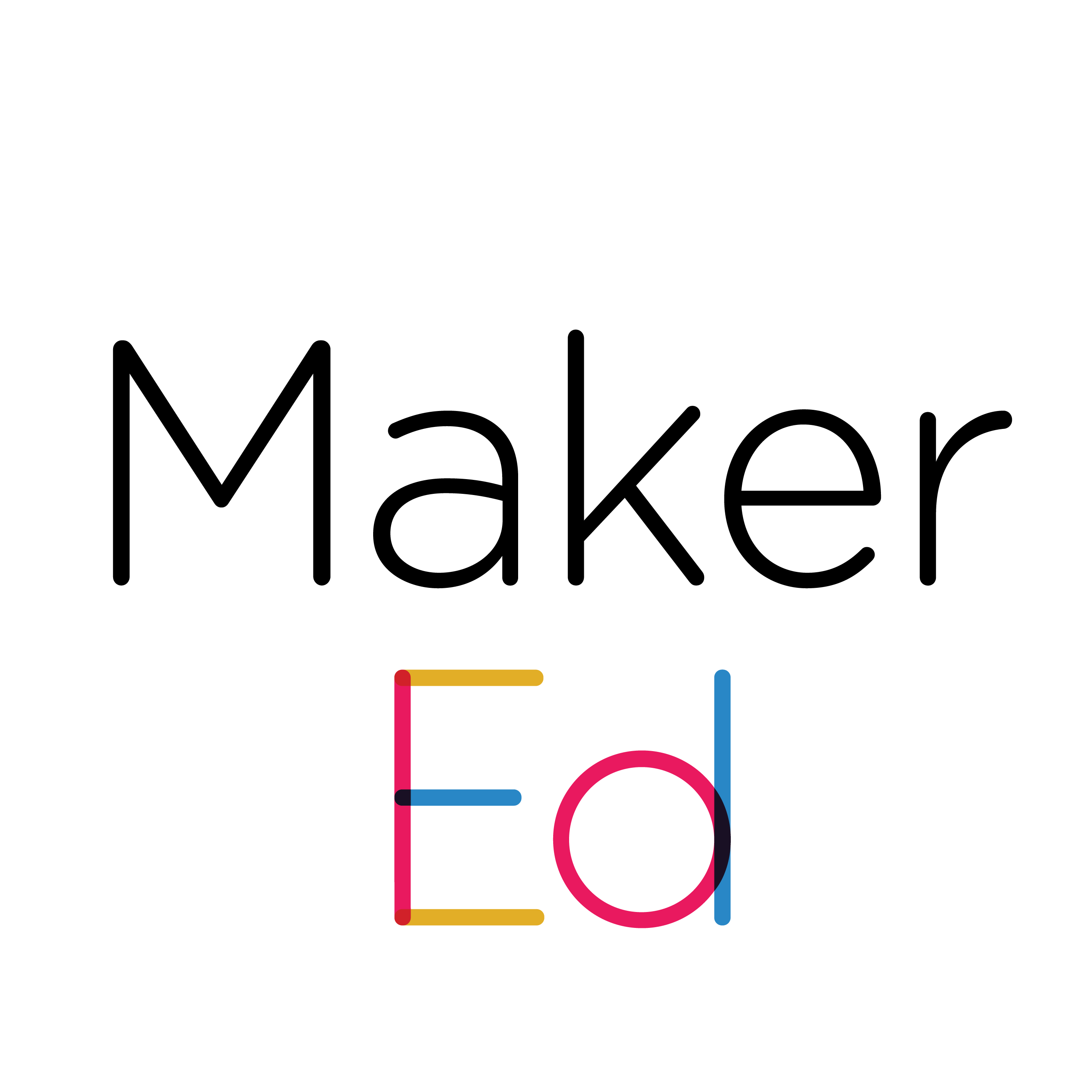 The mission of Maker Ed is to harness the potential of making to transform teaching and learning. To achieve this, the organization provides training, support, and resources to individuals, institutions and communities who are integrating maker education into their learning environments. With more than 5 years of work in the relatively young field of maker education, Maker Ed aggregates and shares examples of making in action in order to validate, elevate, and amplify work on the ground, representing work across the country in both formal and informal educational settings, in rural and urban communities alike, and at three different levels: the field and movement, pedagogy and practice, and of learner outcomes.
The mission of Maker Ed is to harness the potential of making to transform teaching and learning. To achieve this, the organization provides training, support, and resources to individuals, institutions and communities who are integrating maker education into their learning environments. With more than 5 years of work in the relatively young field of maker education, Maker Ed aggregates and shares examples of making in action in order to validate, elevate, and amplify work on the ground, representing work across the country in both formal and informal educational settings, in rural and urban communities alike, and at three different levels: the field and movement, pedagogy and practice, and of learner outcomes.
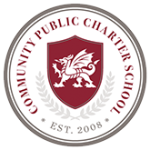 One of the two school partners for Beyond Rubrics is Community Middle School, a part of the Albemarle County Public Schools in Charlottesville, VA. A small lab school for grades 6, 7, and 8, the school emphasizes progressive, interdisciplinary, student-led, and mastery-based learning. Regardless of specialization, all teachers co-teach and are given considerable autonomy and flexibility to design and implement unique curricula. A total of six teachers participated in the project (two science teachers, one math teacher, one technology teacher, one art teacher, and one special education teacher), alongside considerable and dedicated support from the school principals, teaching assistants, and curriculum coach.
One of the two school partners for Beyond Rubrics is Community Middle School, a part of the Albemarle County Public Schools in Charlottesville, VA. A small lab school for grades 6, 7, and 8, the school emphasizes progressive, interdisciplinary, student-led, and mastery-based learning. Regardless of specialization, all teachers co-teach and are given considerable autonomy and flexibility to design and implement unique curricula. A total of six teachers participated in the project (two science teachers, one math teacher, one technology teacher, one art teacher, and one special education teacher), alongside considerable and dedicated support from the school principals, teaching assistants, and curriculum coach.
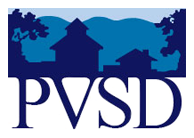 The other school partner involved in Beyond Rubrics is Corte Madera School in Portola Valley, CA, in the foothills behind Palo Alto. Corte Madera serves students in grades 4 through 8, with a traditional bell schedule and core content classes, and has a dedicated makerspace and STEM program. A full-time design innovation coach runs a makerspace in the school, working with other teachers to help integrate a maker-centered learning approach into their core curriculum while running extracurricular maker projects and makery club. In addition to the design innovation coach, two teachers (one math/science and one ELA teacher) participated in the project, and two administrators, one from the district level and one from the county office level, engaged peripherally in the effort.
The other school partner involved in Beyond Rubrics is Corte Madera School in Portola Valley, CA, in the foothills behind Palo Alto. Corte Madera serves students in grades 4 through 8, with a traditional bell schedule and core content classes, and has a dedicated makerspace and STEM program. A full-time design innovation coach runs a makerspace in the school, working with other teachers to help integrate a maker-centered learning approach into their core curriculum while running extracurricular maker projects and makery club. In addition to the design innovation coach, two teachers (one math/science and one ELA teacher) participated in the project, and two administrators, one from the district level and one from the county office level, engaged peripherally in the effort.
Supported By:
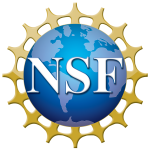 The National Science Foundation (NSF) is an independent federal agency created by Congress in 1950 “to promote the progress of science; to advance the national health, prosperity, and welfare; to secure the national defense…” The NSF is vital because it supports basic research and people to create knowledge that transforms the future. The Beyond Rubrics: Moving Towards Embedded Assessment in Maker Education project, is supported through an NSF EAGER grant through their Division of Research on Learning under the Education and Human Resources (EHR) area.
The National Science Foundation (NSF) is an independent federal agency created by Congress in 1950 “to promote the progress of science; to advance the national health, prosperity, and welfare; to secure the national defense…” The NSF is vital because it supports basic research and people to create knowledge that transforms the future. The Beyond Rubrics: Moving Towards Embedded Assessment in Maker Education project, is supported through an NSF EAGER grant through their Division of Research on Learning under the Education and Human Resources (EHR) area.
Any opinions, findings, and conclusions or recommendations expressed in this material are those of the author(s) and do not necessarily reflect the views of the National Science Foundation.
